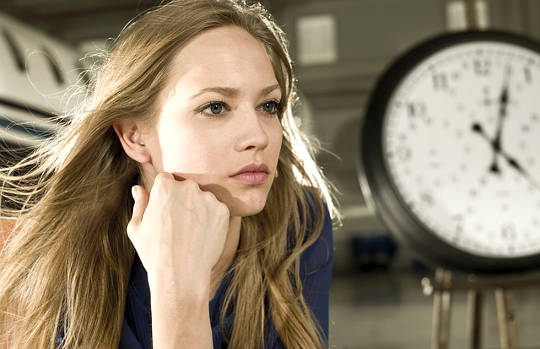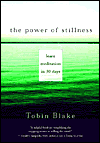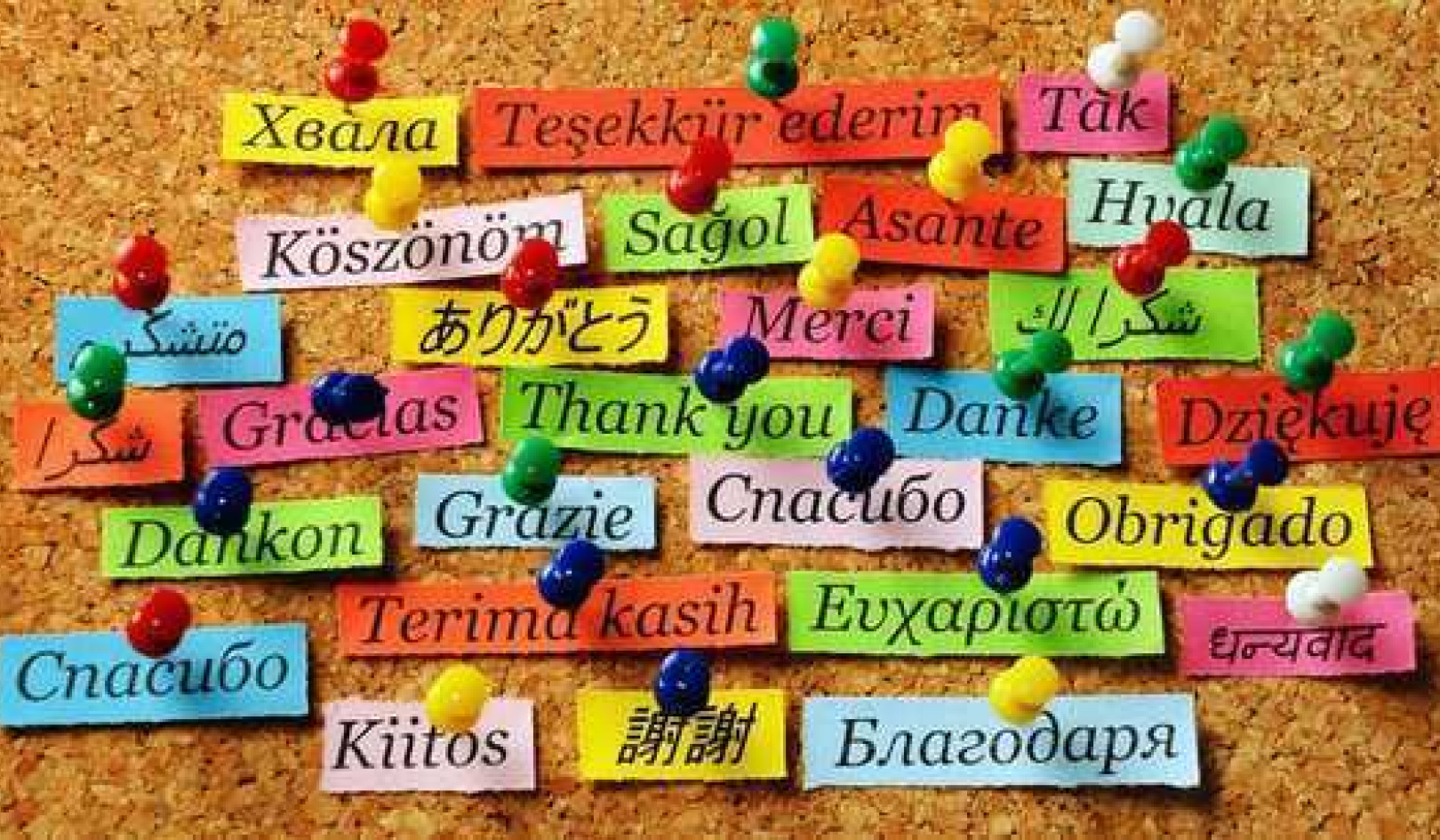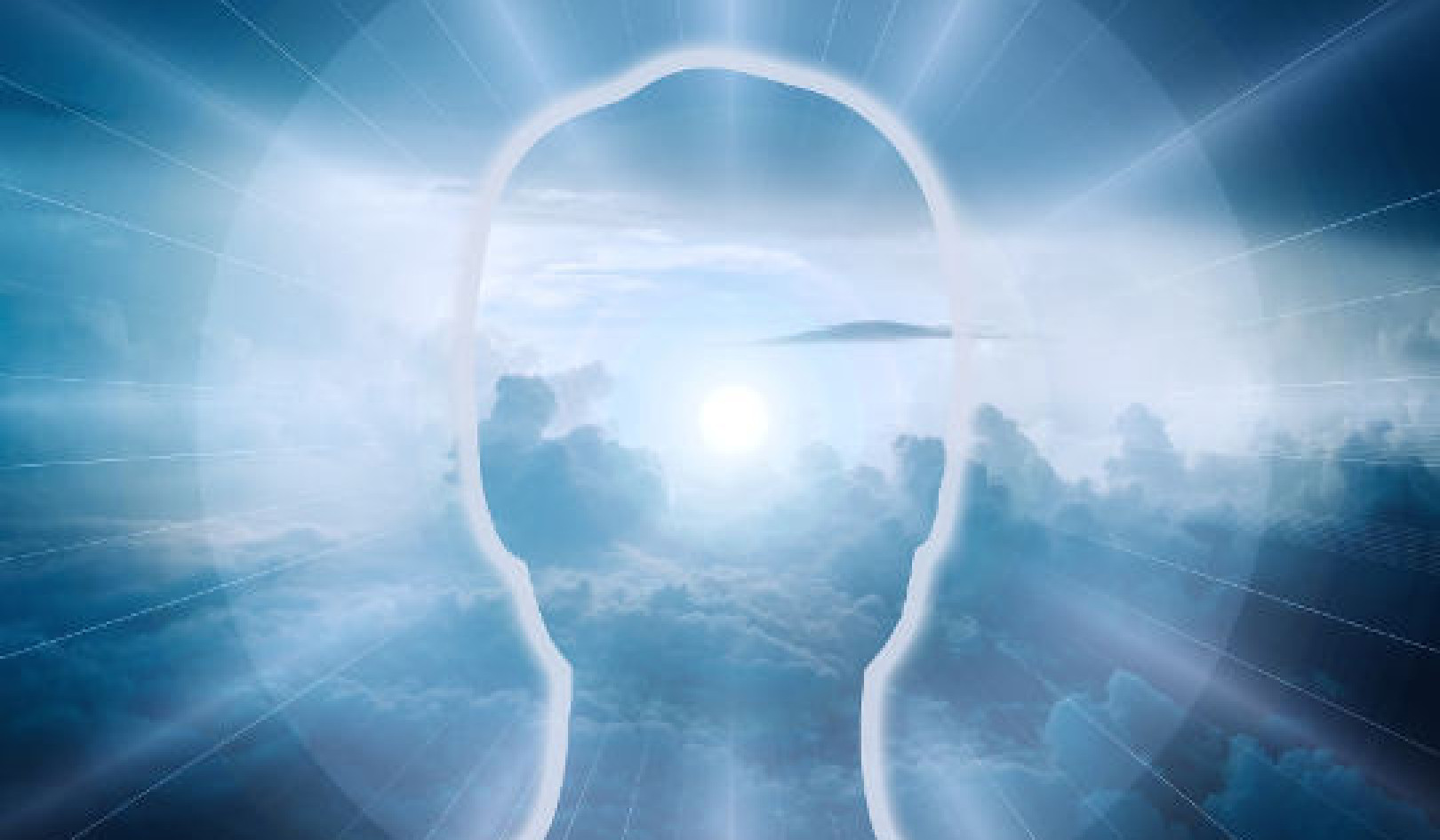
The club that kills can drive a stake
into the ground to hold a shelter.
-- Gary Zukav
To empower your life, you have to seize responsibility for it and then apply the conscious force of your determination to change it. You cannot wait and hope that God or yet another "miracle pill" will somehow solve the problems of pain, dissatisfaction, and depression that so many people experience.
If you are not at peace, you will not change your state by doing nothing about it or by blaming other people for your pain. Although this seems obvious, it is a lesson very few have fully grasped.
Nothing Comes From Nothing
Newton's law of motion is that "an object at rest tends to stay at rest, while an object in motion tends to stay in motion." This, his first law of motion, also holds that this rest or motion will continue unless the object is acted upon by another force.
In simple terms this means that if a runaway train is rolling downhill, it will not stop unless the brakes are applied or some other force intervenes. In space, where there is no friction to pose any resistance, a moving object could theoretically stay in motion forever. Similarly, an object that is not moving will require a "push" to set it in motion. A car needs an engine to move forward. Without one, it won't budge.
This law is essentially stating the obvious: nothing comes from nothing. This is true in spiritual development as well. If you want something to change in your life, you will need some force to get things moving or to shift direction. A mind in conflict will tend to remain in conflict unless it is acted upon by a force capable of producing some change.
Admitting What and Who You Are
Empowering your life begins by admitting what and who you are -- in all terms, good and bad -- and then recognizing that you have gotten to this moment in your life through your choices, and that you can move in a new direction by choosing differently. You have this greatest of all powers. You can change your life, or not, simply by the living force of your desire.
Moreover, it is important to realize that your choice is really between only two distinct paths: you can walk the path of love, with forgiveness and compassion as your guides, or you can walk the path of judgment, with fear and anger by your side. Furthermore, whether you realize it or not, you do choose between these two paths every day.
You cannot be in the world without walking one path or the other. Neither is there a way to seek an alternative beyond these two; you are on one of these two paths right now, at this very instant; and so am I. Now each of us needs to ask ourselves:
How do I feel?
Which path have I chosen?
And we need to realize that if we are unhappy with our choice, there is an alternative.
Is There A Better Way?
Recognizing this alternative is really where everyone who has sought and found change for the better has started: an honest evaluation followed by an intelligent course of redemption. Sometimes it takes horrendous suffering for people to really reconsider the way they have been living and to ask if a better way might be possible. One of the terrible tragedies of being human is that we tend to be so short-sighted that we sometimes forsake our own good in favor of doing things "our own way."
So each day stop briefly and reflect on your state of mind, and realize that you have the responsibility and the power to choose your path. Each morning ask yourself which path you would like to walk during the day ahead, and then consciously seek it. And whenever you are sad or angry or afraid, remember that you have made a choice to walk this path and that if you are unhappy you can always choose differently.
Choosing Your Underlying Attitude Toward Life
Even when negative circumstances are thrust on you, you still must select how you will view them. When other people are hateful toward you, you still do choose how you will react to and view them. Instead of becoming defensive and angry in return, it is equally easy to realize that angry people are unhappy with themselves, and so what they really need is kindness.
And don't for a moment believe that this is some silly, naive, utopian idea that will never work in the real world. Use your free will to employ this way of living and you will see not only that it works but also that it gives you a position of power unmatched in all the world.
What you are really choosing is your underlying attitude toward life, which affects everything you see, hear, and do. It is the power of choice that directs both "the club that kills" and the one that "drive[s] a stake into the ground to hold a shelter." Which will you choose?
Stop and Practice
This meditation is actually a variation of a Hindu practice known as the "Who am I?" meditation. In one sense it is a contemplation meditation, yet the question posed cannot be answered in words. By posing the question "Who am I?" you are really seeking an experience of the Self as an answer.
Begin your meditation by asking, "Who am I?" Then remind yourself of the focus sentences:
I think, but I am not my thoughts.
I act, but I am not my actions.
I believe, but I am not my beliefs.
I have a body, but I am not my body.
Who, then, am I?
Answers will occur to you naturally. For example, you might think, "I am my name," or "I am American," or "I am a spiritual being," or an astronaut, a banker, a lover, human, a strong person, or the like. Whatever comes to mind, remind yourself that this is not "who you are" but just an image or a role that has been added onto the essence of your Self.
If you think, "I am male" or "I am female," "I am healthy" or "I am ill," remind yourself "I have a body, but I am not my body." If you think, "I am smart" or "I am dull," remind yourself "I think, but I am not my thoughts," and if you think "I am my occupation," answer "I act, but I am not my actions." In this manner let every image of your self be answered with one or more of the focus sentences.
When nothing occurs to you, repeat the focus sentences one by one, along with the question "'Who am I?" to recall your attention to the question. Remember, you are really seeking a pure experience of who you are, which is not something for words to answer.
Reprinted with permission of the publisher,
New World Library. ©2003.
http://www.newworldlibrary.com
Article Source
The Power of Stillness: Learn Meditation in 30 Days
by Tobin Blake.
 The Power of Stillness comes as close as any book could to having a teacher by your side as you learn to meditate, sitting with you each day and gently guiding you through each meditation. The book provides an easy to follow 30-day program to learn what meditation is, how it might help you, and most importantly, how to do it.
The Power of Stillness comes as close as any book could to having a teacher by your side as you learn to meditate, sitting with you each day and gently guiding you through each meditation. The book provides an easy to follow 30-day program to learn what meditation is, how it might help you, and most importantly, how to do it.
Info/Order this paperback book or purchase the Kindle version.
Books by this Author
About the Author
 Tobin Blake has studied various metaphysical teachings for more than fifteen years and has been meditating regularly for over a decade. Through Self-Realization Fellowship, an international organization founded by Paramhansa Yogananda and now supporting more than 500 temples and meditation centers in fifty-four countries, Blake received training in the sacred practice of Kriya Yoga, the organization's highest meditation technique, which was first noted in Paramhansa Yogananda's classic, Autobiography of a Yogi. Visit his website at www.tobinblake.com
Tobin Blake has studied various metaphysical teachings for more than fifteen years and has been meditating regularly for over a decade. Through Self-Realization Fellowship, an international organization founded by Paramhansa Yogananda and now supporting more than 500 temples and meditation centers in fifty-four countries, Blake received training in the sacred practice of Kriya Yoga, the organization's highest meditation technique, which was first noted in Paramhansa Yogananda's classic, Autobiography of a Yogi. Visit his website at www.tobinblake.com




























